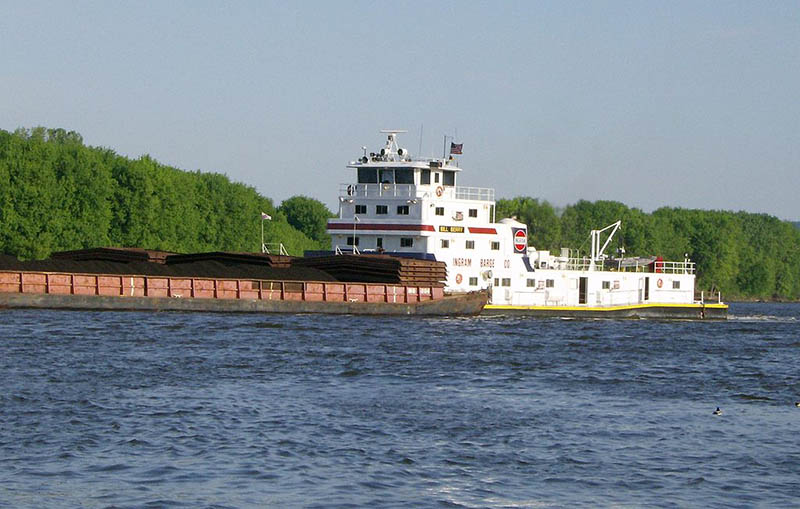The Coast Guard is being stretched thin on its important task of marine inspections, with the addition of thousands of towboats under Subchapter M, and the need to be up on constantly evolving technologies that render today’s commercial and recreational vessels increasingly more complex and sophisticated.
But the Coast Guard, which is always operating on a tight budget, will be experimenting with a groundbreaking inspection approach under the towing vessel inspection program for Subchapter M that could provide some relief, and also a new paradigm for federal oversight of the safe operation of the commercial maritime industry.
It involves working with a new partner — a third-party organization, or TPO.
The new towing vessel program allows a towing vessel operator to make a choice. The operator can have a vessel inspected the traditional way with an annual inspection done by a Coast Guard marine inspector or use a Coast Guard-approved TPO and develop a towing safety management system (TSMS) that addresses the unique risks of the operator’s vessels. This option allows a TPO to inspect and certify compliance by conducting surveys and audits.
Both options would result in a qualifying vessel receiving a Certificate of Inspection (COI) from the Coast Guard.
The Coast Guard is urging towing companies to go with the TSMS, calling it more flexible for operators, while lessening the burden on Coast Guard resources. Without third-party involvement, the Coast Guard would be facing a 50% increase in the number of vessels it would have to inspect — an additional 6,000 towing vessels.
“Subchapter M provides a great model for a more innovative way of regulating, which is in part to leverage Coast Guard approved third parties,” Jennifer Carpenter, executive vice president and chief operating officer at the American Waterways Operators, said at the Brookings Institution in Washington, D.C., last week.
“This does not mean outsourcing responsibility to companies themselves or abdicating the Coast Guard's role, but it means creating systems which allow the Coast Guard to rely on third-parties to do things under the agency's oversight and then that enables the Coast Guard to target its own resources in risk-based ways,” she said. “It becomes a way not only to drive superior safety outcomes, but also to make better use of scarce Coast Guard resources. It's not going to solve (the Coast Guard) workforce challenge, but it will help it.”
Vice Adm. Daniel B. Abel, the Coast Guard vice commandant, told the forum that the Coast Guard has been reviewing how best to inspect those inspectors’ work, and how to assure that a third party is doing what it should be doing.
“No surprise that the El Faro (sinking) was a wakeup call for many people as far as the Coast Guard scheme for oversight of third-party oversight,” said Abel. “We’re certainly going to up our game when it comes to that.”
Abel said that the workload for Coast Guard marine safety officials will continue to grow, citing a recent study that projects there will be a doubling of maritime activity by 2025.
“You add on to that Subchapter M, and it’s a 50% increase in vessels that now come under the Coast Guard certification process. We do not get a lot more marine inspectors to do that, so we need to keep up with that as well” through inspector training, especially in complexities of new vessels and cybersecurity, he said.
It will be interesting to see how this all plays out as Subchapter M matures and more vessels are inspected. Will the third-party approach be the wave of the future, or one-time flash in the regulatory pan?
For sure, the Coast Guard will continue to play a key inspection role and be responsible for standards associated with the safe operation of vessels through the continuous training of its inspectors and close oversight of third-party organizations. And that’s going to require a robust and adequately funded marine safety operation.




